Last updated on April 8th, 2020 at 07:58 pm
At the 2020 Consumer Electronics Show (CES), Bosch unveiled its latest invention, which aims at improving driver safety and comfort. The company's Virtual Visor aims to replace ordinary sun visors for an intelligent, transparent-looking object.
The National Highway Traffic Safety Administration (NHTSA), an agency of the US federal government, has reports of thousands of sun glare-related car accidents every year. A study even indicates that the risk of an accident occurring is 16% higher in bright sunlight as opposed to normal driving conditions.
Bosch claims that “twice as many car accidents as any other weather-related condition” are at the fault of temporary blindness. While a traditional visor blocks out the sun, it also blocks some of the driver's view. As such, the company's solution is through the use of a transparent LCD and an intuitive camera combine to utilise intelligent algorithms to intuitively block the sun’s glare.
“For most drivers around the world, the visor component as we know it is not enough to avoid hazardous sun glare – especially at dawn and dusk when the sun can greatly decrease drivers’ vision,” said Dr. Steffen Berns, president of Bosch Car Multimedia. “Some of the simplest innovations make the greatest impact, and Virtual Visor changes the way drivers see the road.”
For it to work, the Virtual Visor uses its camera to track the sun's casted shadow on a driver's face; through the use of AI it locates the driver's face then darkens the part of the display which light hits their eyes, while the rest of the visor remains largely transparent.
Read next: Audi shows off its new AI:ME all-electric car at CES 2020
“We discovered early in the development that users adjust their traditional sun visors to always cast a shadow on their own eyes,” said Jason Zink, technical expert for Bosch in North America and one of the co-creators of the Virtual Visor. “This realization was profound in helping simplify the product concept and fuel the design of the technology.”
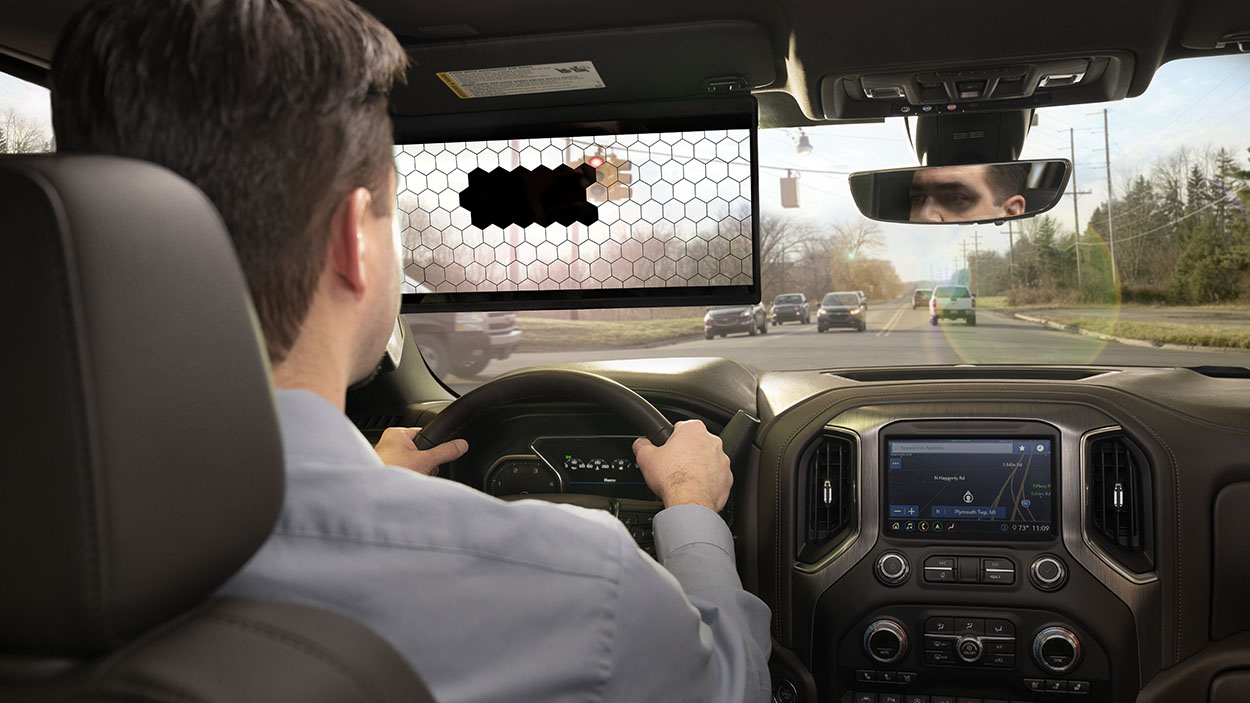
If this invention comes to market, Bosch claims that it will do the following:
- Increase driver visibility as the sun visor is no longer a solid material
- Improve the driver's comfort as they don't have to constantly adjust the sun visor
- Offer better safety as more of the road can be seen
This is a look into the future of a vehicle's cabin, however, we wonder how it'll fare when faced with a high-impact crash. Will it get in the way of the airbags? Could it safely break in order to prevent it from shattering all over the cabin? We're looking forward to seeing how the German multinational develops its technology and indeed, if it's deployed in future cars.
Let us know what you make of the new-found technology on Facebook, Twitter or in the comments section, below.

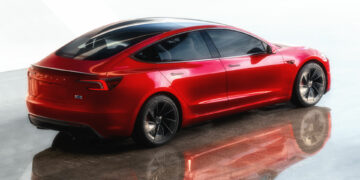
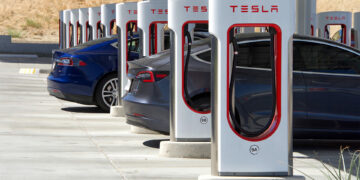


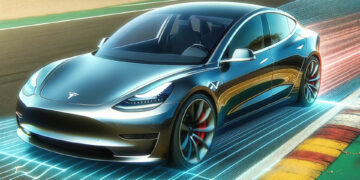
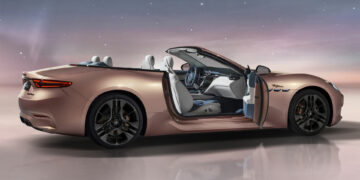










Discussion about this post